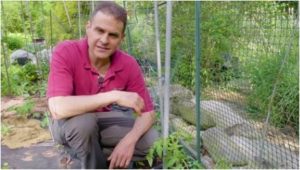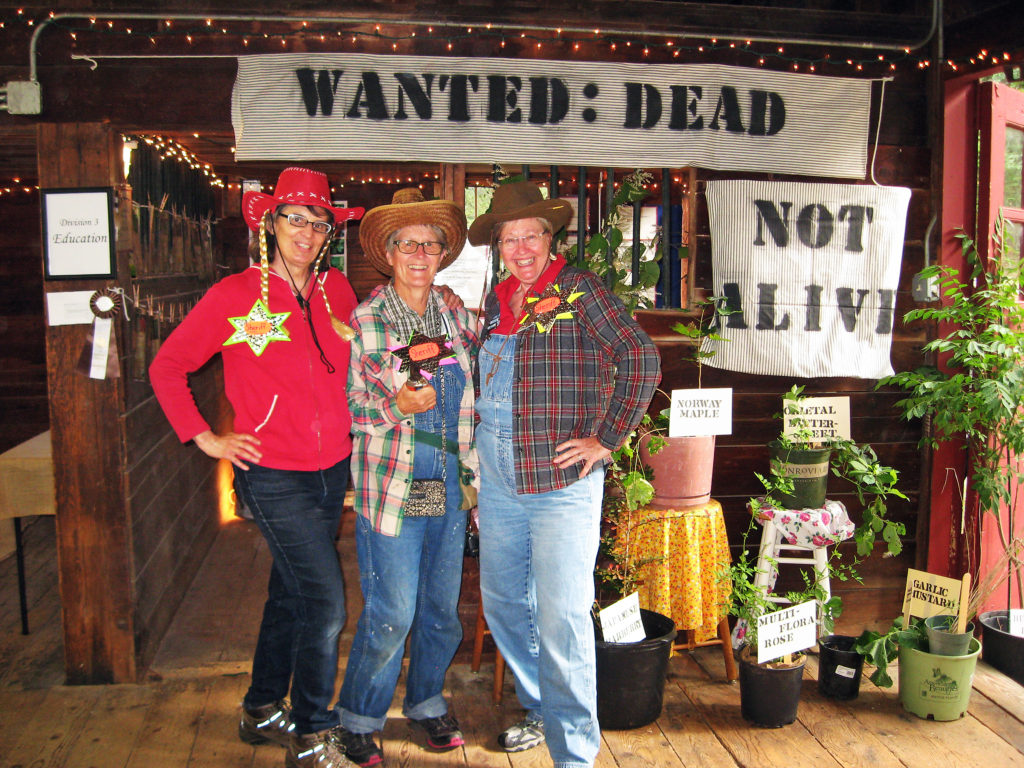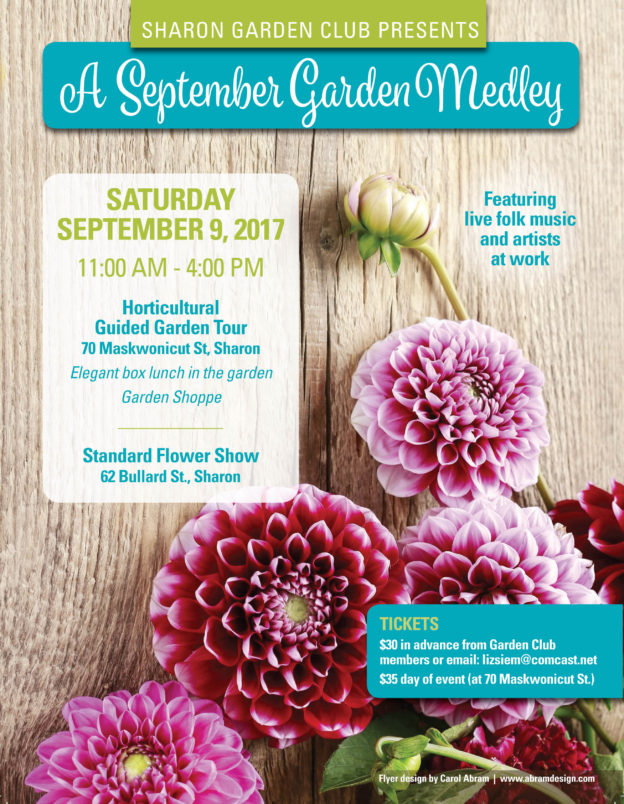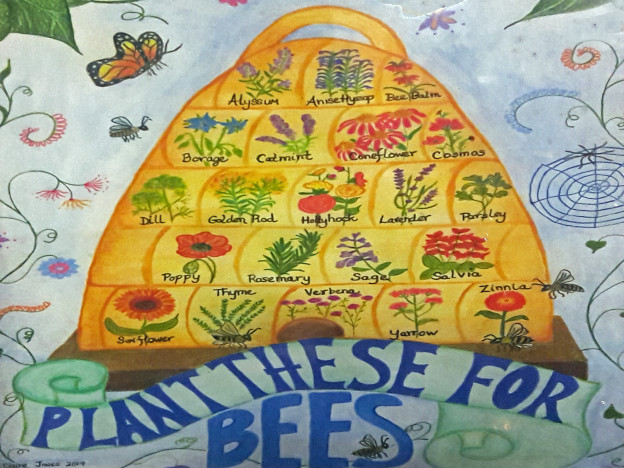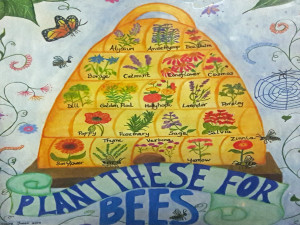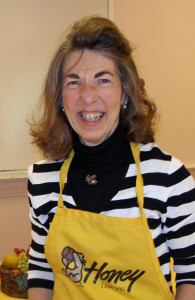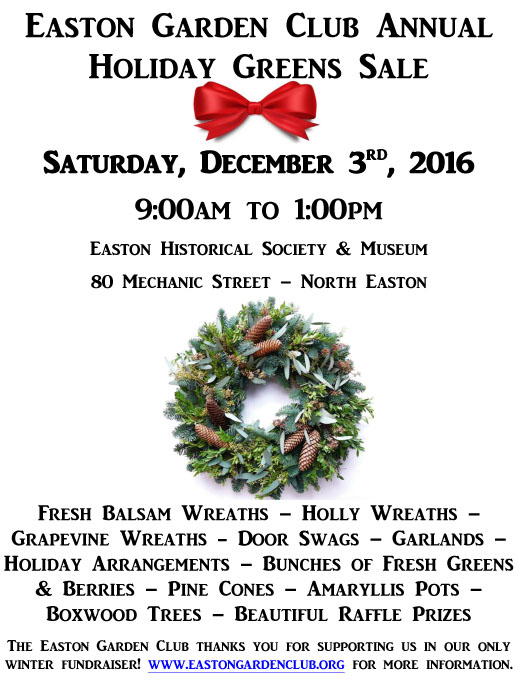Help Massachusetts communities and wildlife thrive by joining me at the annual Grow Native Massachusetts Plant Sale. You’ll find over 2,000 plants covering 120 varieties, and I (and other experts) can help you make smart selections for the particular conditions of your planting area. Just look for me in a blue volunteer apron from 8-11. Shop early for best selection.
From 9-2:30 at the UMass Waltham Field Station at 240 Beaver Street, Waltham 02452, you may find:
- Perennials sorted by sun, shade and part-shade, and all types of soil conditions
- A large selection of evergreen and deciduous ferns
- Grasses and sedges, both cool and warm season
- Trees and shrubs at small sizes so you can take home in your car. Native trees and shrubs do the most to increase biodiversity and to enhance the wildlife value of your landscapes.
AND new for this year: sweet goldenrod (Solidago odora), bluestem goldenrod (Solidago caesia) and spotted beebalm (Monarda punctata)—custom grown just for this sale, as these are top native herbaceous plants for supporting the entire life cycles of our butterfly and moth pollinator friends, and a whole lot of bees’, too.
All plants are native to the eastern United States—the majority indigenous to New England
Learn more: https://www.grownativemass.org/programs/plantsale
Download a list of the species available at the 2019 Native Plant Sale

